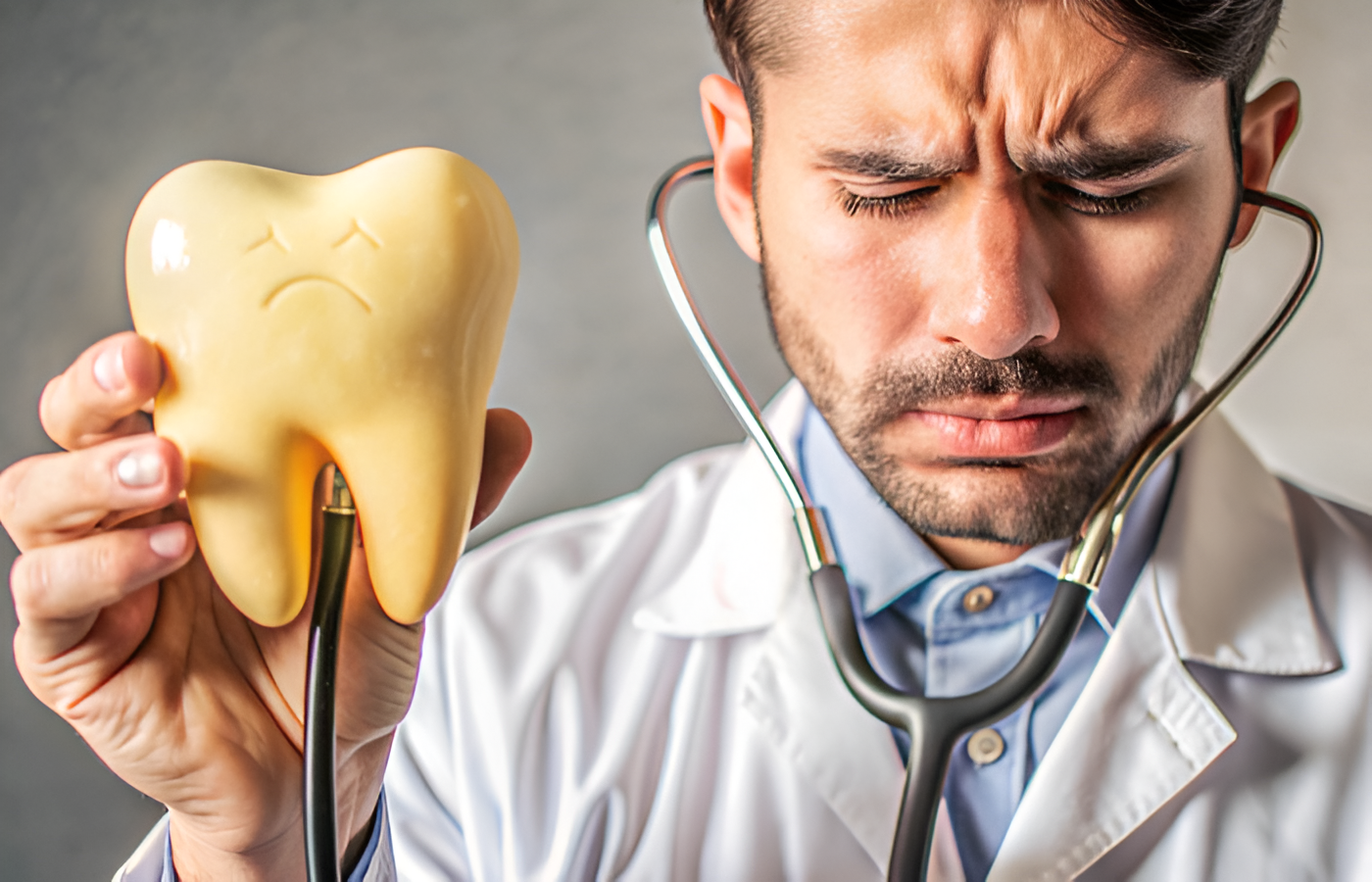
1. Prevents Cavities and Tooth Decay
Routine dental care is essential to prevent cavities and tooth decay, two of the most common dental issues. When you don’t clean your teeth regularly, plaque and bacteria can build up on the enamel, leading to cavities. Regular brushing, flossing, and professional cleanings help remove plaque and reduce the risk of tooth decay. By staying on top of your oral hygiene, you’re taking proactive steps to maintain the health of your teeth and gums.
2. Helps Prevent Gum Disease
Gum disease, also known as periodontal disease, is a serious condition that can cause tooth loss if left untreated. It begins as gingivitis, a mild form of gum disease that causes irritation and bleeding of the gums. However, if not addressed, it can progress to more severe stages. Routine dental check-ups and cleanings can help identify early signs of gum disease before it becomes severe. This allows for effective treatment and prevention, reducing the risk of tooth loss and improving overall oral health.
3. Detects Early Signs of Oral Cancer
Routine dental visits also play a crucial role in detecting early signs of oral cancer. Dentists are trained to identify potential warning signs, such as sores, lumps, or unusual changes in the mouth. Early detection significantly improves the chances of successful treatment, making regular dental check-ups an essential part of your overall health routine. A routine oral cancer screening during your visit can save lives by catching cancer early.
4. Maintains Fresh Breath
Bad breath, or halitosis, is often a result of poor oral hygiene. If food particles, plaque, and bacteria are left behind on the teeth, they can contribute to unpleasant odors. Brushing and flossing your teeth regularly, along with routine professional cleanings, help eliminate the buildup of plaque and bacteria, keeping your breath fresh. If bad breath persists, it may be a sign of an underlying issue such as gum disease or an infection, which your dentist can address during a routine visit.
5. Saves Money in the Long Run
While it may seem like an added expense, routine dental care can actually save you money in the long term. Preventive care, such as cleanings, check-ups, and fluoride treatments, helps detect problems early before they become costly and complex procedures. Treating cavities, root canals, and tooth extractions can be expensive, but regular dental visits can help you avoid these costly treatments by catching issues in their early stages. Investing in routine care today can prevent more serious problems and higher costs down the line.
6. Boosts Your Self-Confidence
Maintaining a healthy smile is directly tied to self-esteem and confidence. When your teeth are clean, white, and well-maintained, you feel better about smiling, talking, and interacting with others. Routine dental care, including regular check-ups and professional cleanings, ensures that your smile stays bright and healthy. The positive impact on your appearance can translate to greater confidence, both personally and professionally.
7. Improves Overall Health
Oral health is linked to overall health in more ways than one. Poor oral hygiene and untreated dental issues can lead to or worsen conditions like heart disease, diabetes, and respiratory infections. In fact, gum disease has been shown to increase the risk of cardiovascular disease. By maintaining routine dental care, you’re not just taking care of your mouth—you’re improving your overall well-being. Healthy teeth and gums contribute to a healthier body, enhancing your quality of life.
8. Establishes a Healthy Routine for Children
Establishing routine dental care habits early in life is essential for children. Regular check-ups help children get used to visiting the dentist, preventing fear and anxiety about future visits. Early dental visits also ensure that your child’s teeth are growing in properly, and that potential issues such as cavities or misalignment are addressed before they become significant problems. Creating a dental care routine for your child helps set them on the path to lifelong healthy habits.
9. Protects Your Teeth from Wear and Tear
Over time, everyday activities like eating and speaking can cause wear and tear on your teeth. Teeth can become worn down, chipped, or cracked from constant use, and routine dental care helps monitor these issues before they become serious. Dentists can recommend protective treatments, such as sealants or mouthguards, to help preserve the integrity of your teeth and prevent damage. Regular visits also help identify potential issues with your bite that may be causing excessive wear on your teeth.
10. Enhances the Aesthetic Appearance of Your Smile
Routine dental care ensures that your teeth remain aesthetically pleasing. Over time, teeth can accumulate stains from food, drink, and smoking, leading to discoloration. Professional cleanings, along with regular brushing and flossing, help remove these stains, keeping your teeth looking their best. Dentists can also offer cosmetic services such as whitening, veneers, and bonding to improve the appearance of your smile. Regular dental visits can help you maintain a beautiful smile for years to come.
Conclusion: Make Routine Dental Care a Priority
Routine dental care is a critical part of maintaining both oral and overall health. By regularly visiting your dentist, you can prevent common dental problems, detect issues early, and enjoy a healthier, more confident smile. Don’t wait for a dental emergency to take action—schedule regular dental check-ups and prioritize good oral hygiene. Your teeth, gums, and overall health will thank you for it in the long run!